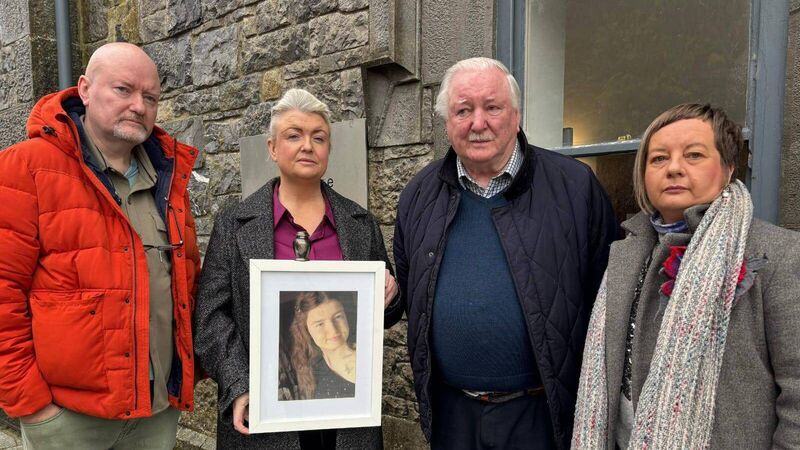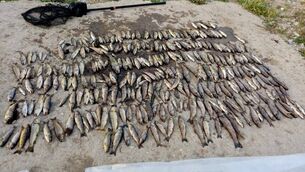Inquest returns verdict of medical misadventure in death of 16-year-old teenager at UHL

Niamh McNally’s uncle Peter O'Neill, mother Carolyn O'Neill, grandad Clem O’Neill, and friend Naomi Cleary Graham outside Limerick Coroner’s Court. Picture: David Raleigh
A coroner has returned a verdict of medical misadventure in the death of a 16-year-old girl at University Hospital Limerick (UHL).
The inquest into the death of Niamh McNally, Ardykeohane, Bruff, Co Limerick, on January 29, 2024, heard there were “so many missed opportunities” in her care at UHL.











